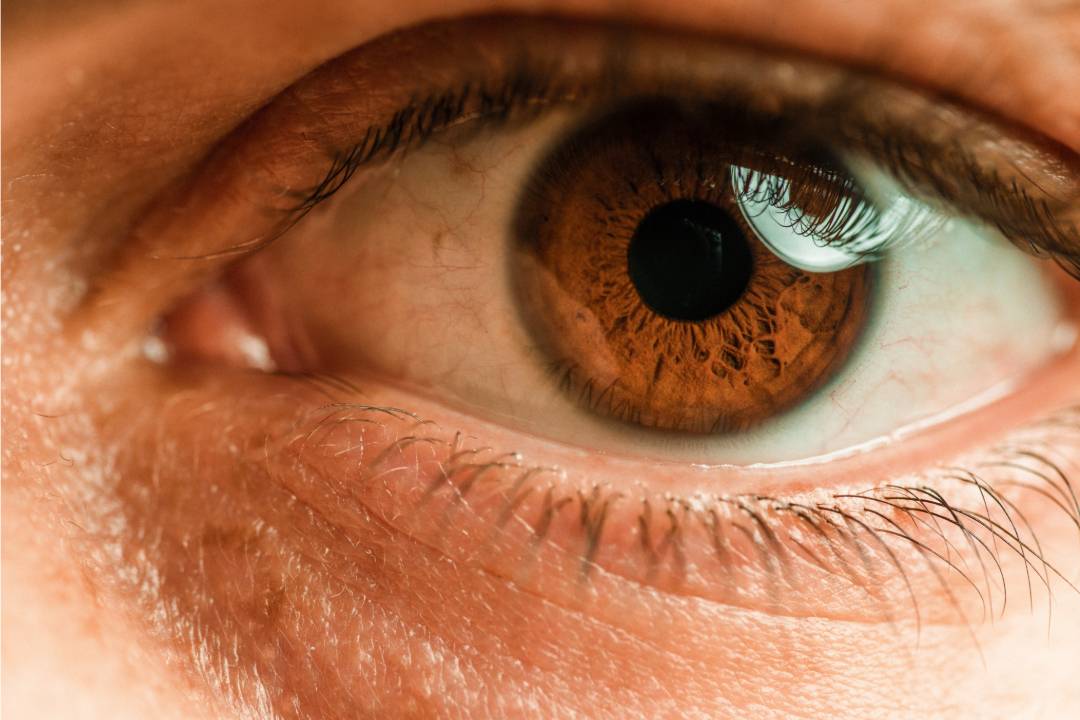
Understanding the Importance of Antioxidants for Eyes
Your eyes deal with a lot. From daily screen time to the effects of ageing and pollution, they’re constantly exposed to stress. What you might not realise is how much antioxidants can help. These natural substances work quietly in the background, shielding your eyes from the slow, invisible damage that builds up over time.
Keep reading to discover how antioxidants support your vision and what you can do to keep your eyes in the best shape.
What Antioxidants Do for Your Eyes
At the centre of many vision problems is oxidative stress, a natural process that happens when your body produces more unstable molecules called free radicals than it can manage. These free radicals can slowly damage the cells in your eyes, especially in the retina, which plays a key role in how you see.
Antioxidants step in as your internal clean-up crew. They help neutralise free radicals, reducing the wear and tear on delicate eye tissue. Over time, this support may help protect your sight, especially as you age.
One of the most recognised sources of this support is the group of AREDS2 supplements. These supplements combine key antioxidants like vitamin C, vitamin E, zinc, copper, lutein, and zeaxanthin. Together, they may slow the progression of age-related macular degeneration (AMD), a major cause of sight loss in older adults.
Why This Matters More as You Age
Your eyes naturally lose some of their defence mechanisms as you get older. The protective pigments in your retina may thin out and the cells that once repaired themselves quickly start to take longer. This makes your eyes more vulnerable to damage caused by free radicals, especially from UV light or long-term exposure to digital screens.
Antioxidants may not reverse damage, but they might help slow it down. That’s why many eye health experts recommend boosting your intake through food and, if needed, supplements.
Getting Antioxidants Through Diet
While supplements offer a concentrated dose, the best starting point is still what’s on your plate. Brightly coloured fruits and vegetables often contain high levels of antioxidants. Leafy greens like spinach and kale, for example, are rich in lutein and zeaxanthin. These nutrients tend to collect in the retina, acting almost like a natural sunblock for your eyes.
Carrots and sweet potatoes bring in beta-carotene, while citrus fruits deliver vitamin C. Add in nuts and seeds for vitamin E, and you’ve got a daily mix that supports not just your eyes, but your general wellbeing too.
Keep Your Focus on What Matters
Your eyesight is something you rely on every day, and once it's lost, it’s difficult to restore. So it makes sense to give your eyes the support they need now. Antioxidants are a simple, science-backed way to do just that.
Take a closer look at your daily habits, speak to your eye care provider, and find out how small changes might help protect your sight for the years to come.

Comments (0)